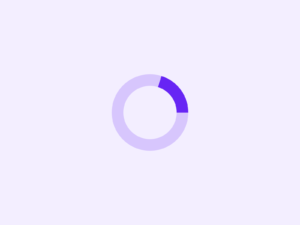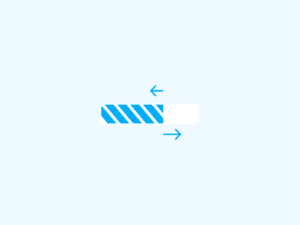Pagination vs. progressive loading – they both have their pros and cons. But do you know why Google has been using pagination?
If you google “cupcakes,” Google will inform you that there are “about 484,000,000” results, and only 10 of them will be visible to you. The 484 million results list is stored on a Google server, but it is not downloaded to the browser of the user.
This is due to the use of pagination.
Table of Contents
Why does Google still use paging instead of progressive loading?


Infinite scroll has several uses, but one of them isn’t a search result page. Infinite scroll is based on exploration and discovery. This is useful when you aren’t looking for anything specific and are skimming through a large volume of information until you discover anything which piques your curiosity. This structure is ideal for newsfeeds on social media.
The advantages of limitless scrolling can be measured using a Facebook news feed as an example. Users are aware of the fact that the content is changed too frequently, which is why they will not be able to read everything on the stream.
Facebook is attempting to reveal as much information as possible to consumers through endless scrolling, and they are reading and absorbing this stream of information.
Pagination is useful when a user is looking for something specific within the search results, rather than simply scanning and ingesting the information flow.
Google aims to provide you with data that is relevant to you. Pagination indicates the location of the search results (page) and the order in which they fit your requirements. This assists you in estimating how long it will take to find what you’re looking for and in retrieving results.
Google has previously tested loading times, and the company discovered that people are more likely to quit a search even if the loading time is marginally longer. Infinite scroll has a high-performance cost; hence this would increase the abandonment rate.
Benefits of pagination to Google
Pagination is more effective to Google for a variety of reasons:
- Google can add sponsored advertising at the top of each page with pagination, but it’s more challenging to do with infinite scrolling.
- With infinite scrolling, even if the user isn’t doing anything, the server (Google) is still working.
- With pagination, the user is assured to want more info since they click the next page button; with endless scrolling, the server is still delivering data, and there’s no reason to believe the user would consume it.
When to use infinite scrolling/pagination?
Infinite scrolling is only useful in a number of instances. It works best on sites and apps that include a lot of user-generated content, such as Facebook, Instagram, and the like. Pagination, however, is ideal for goal-oriented websites and apps when visitors are looking for a specific item.
Final Verdict
Before choosing between pagination vs. progressive loading, designers should assess the advantages and disadvantages of each. The option you choose is determined by the nature of your product and the manner in which you wish to deliver your content.



